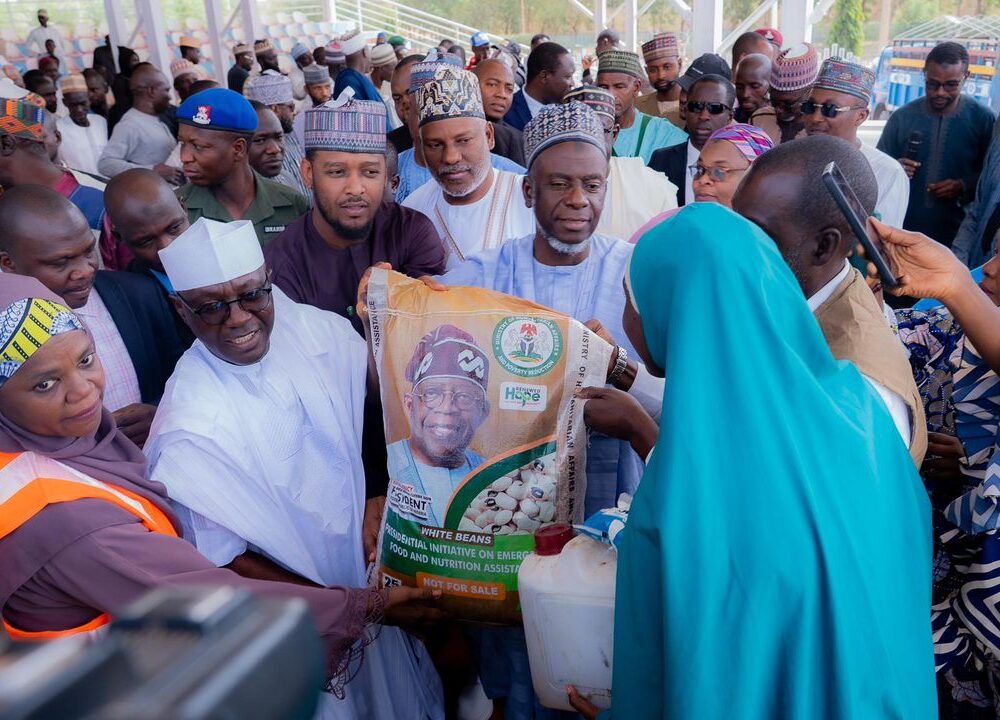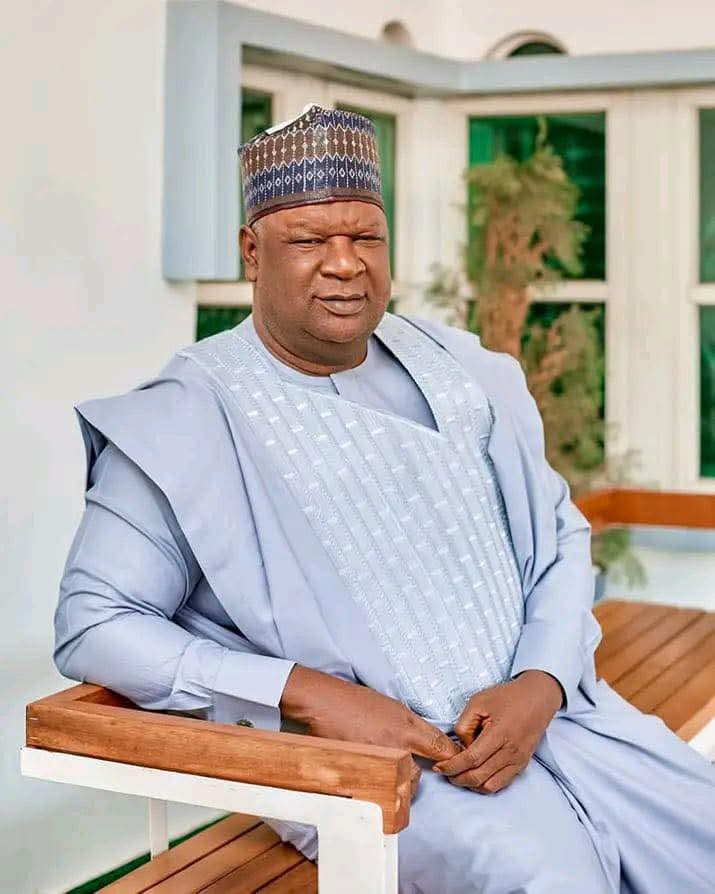The Islamic Welfare Foundation (IWF) and the University of Abuja jointly hosted the 2019 edition of the annual Conference on Islam in Nigeria (COIN) on 12 – 15 Rabiuth-Thani 1441 A.H. (9 – 12 December 2019) at the University of Abuja main campus. The theme of the conference was “Law and Religious Conflicts in Nigeria”. The formal opening ceremony was chaired by Professor Abdur-Rasheed Na’Allah, the Vice-Chancellor of University of Abuja. In line with the tradition of the conference, two keynote speakers addressed the theme of the conference from the Islamic and Christian perspectives. They were Professor Muhammad Tabiu SAN of the Faculty of Law, Bayero University, Kano and Professor Justus Sokefun, Deputy Vice-Chancellor, National Open University of Nigeria, Abuja. Scholars presented papers on the various sub-themes of the conference.

It was generally noted that the Law could be a two-edged sword regarding religious conflicts in Nigeria: while laws that are discriminatory between religions engender religious conflicts, those laws that treat religions equally and equitably prevent such conflicts. In addition, participants at the conference expressed concern about the increasing spate of religious conflicts in Nigeria and emphasized the need to halt and reverse the trend. They made observations about the theme of the conference and also made recommendations on how to prevent or resolve religious conflicts in Nigeria.
Observations
Participants at the conference made the following observations among others:
1. Islam is a religion of peace and has ample provisions for managing and eliminating conflicts so that peace can reign at all levels of society.
2. The two major religions in Nigeria, Islam and Christianity, share a common objective of promoting peace in a diversified world and have achieved this objective in numerous climes.
3. Ignorance on the part of some Muslims and Islamophobia on the part of some non-Muslims inhibit the full exploration of the Islamic model of conflict management.
4. There are intra- and inter religious conflicts but the latter receives more attention and from perspectives that deepen the conflicts.
5. Religious conflicts are often not nipped in the bud and only receive attention when they are almost out of hand.
6. Poverty is at the root of most conflicts in Nigeria and many of them only wear religious coloration when contenders in the conflicts employ religion to mobilize it as a propaganda tool.
7. There are laws in Nigeria that are discriminatory against particular religions either in their contents or mode of enforcement and have been engendering religious conflicts.
Recommendations
After thorough and extensive discussion of the scholarly papers presented at the conference, the participants made the following recommendations:
1. Our educational institutions especially at the tertiary level are a microcosm of the Nigerian society in terms of their heterogeneity and should therefore be made a veritable platform for inculcating broad mindedness that will ultimately minimize conflicts in Nigeria.
2. Nigerians in general should imbibe the Islamic justice system which emphasizes that justice must be done always even if against self or family as contained in Qur’an 4:135 so that when conflicts arise people do not take sides on the basis of personal affiliations but stand firmly for truth and justice.
3. Religious leaders and preachers should use their positions to promote truth, justice and tolerance rather than sowing the seed of discord within and between religions.
4. Many religious conflicts emanated from unequal treatments by the various arms of government at the different levels of governance. Operatives in all government positions should ensure that all religions are treated equally.
5. All religions should enlighten their adherents about the imperative of peaceful coexistence between adherents both within and across religions.
6. The mass media especially the social media should increase their role in promoting peaceful coexistence between adherents of different religions as opposed to their current practice of hyping conflicts between them.
7. The Nigeria Inter-Religions Council (NIREC) should be more proactive in nipping religious conflicts in the bud by instituting a mechanism that will send early warning signal when conflicts are brewing, developing a code of conduct for religious leaders and preachers and by ensuring that its policies and recommendations percolate down to religious adherents at the base.
8. Nigerians especially politicians must refrain from using religion for political purposes.
9. The National Assembly as well as State and Local Government Legislatures should review and amend existing laws that discriminate against any particular religion.
10. All stakeholders in the Nigerian project must avoid actions and utterances that are capable of pitching one sect against the other in each religion or one religion against the other.
Conclusion
All religions claim to link men and women to their creator through worship. Mankind believe they were all created by the same God whom they call by different names. Certainly, the one God who created mankind did not intend to set them against each other in conflict. Therefore, religious conflict is our choice and not divinely ordained. Since we have a choice between peace and conflict, it is up to us to make a reasonable choice. It is the opinion and desire of the participants at the conference that stakeholders in the Nigerian project should choose peace over conflict as conflict can only hinder the attainment of the other lofty goals that we hold dear.
Signed
Alhaji Abu Salami FNSE Dr. Abdulazeez B. Shittu
IWF National Coordinator Head, Department of Islamic Studies , University of Abuja





